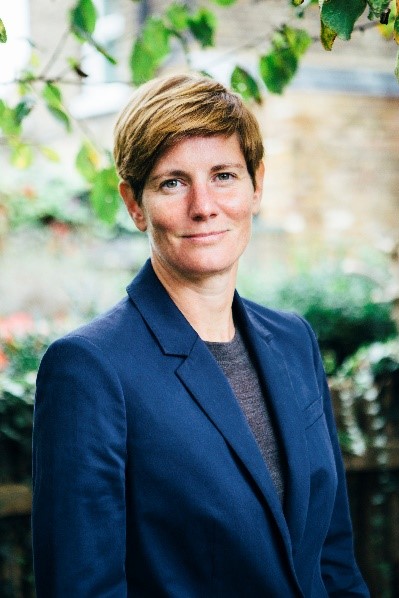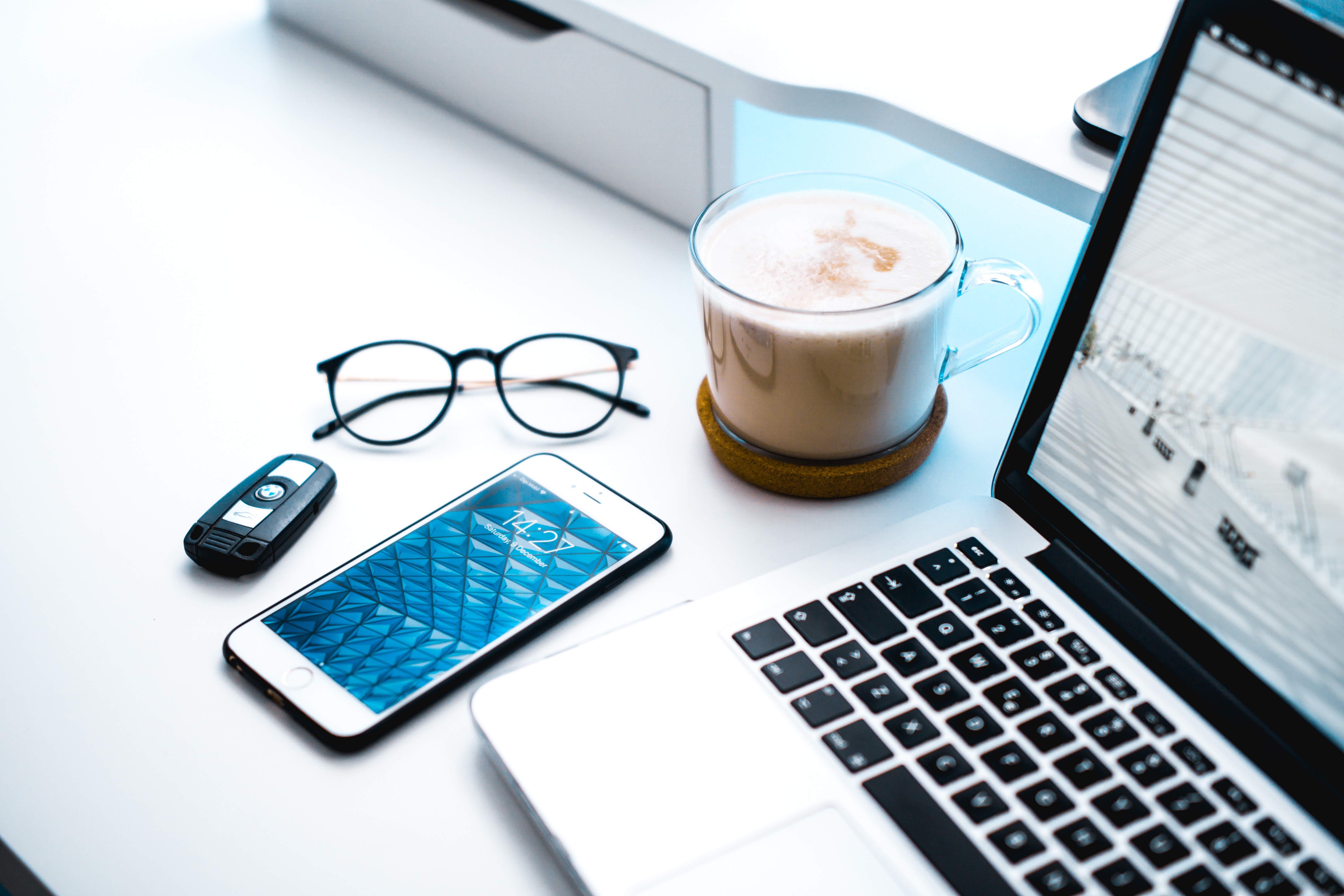Firstly, let me clear one thing up that most of us have discovered to our embarrassment at one time or another – blue light doesn’t refer to a colour. It’s a frequency of light that is emitted by electronic devices and screens such as iPads, televisions, energy-efficient lightbulbs, etc. It’s also found in natural light from the sun.
Blue light is important for regulating our circadian rhythms, which is our sleep pattern. Most circadian rhythms are 24 hours and are governed by a part of the brain called the superchiasmatic nucleus. This is our internal body clock, and light is one of the key factors in maintaining the rhythm of that clock.
Blue light in the day
During the day, we get blue light from the sun (even on dull days). Blue light helps maintain levels of alertness, attention span, mood and reaction times. Starting your day with natural light is very important, so I throw open the curtains a few minutes after waking to help kick-start my circadian rhythm. When we wake, serotonin is at its highest and cortisol is also high, ensuring we’re ready for the day. Throughout the day, it’s important to have as much natural light as possible to stay alert.
As night falls
As the sun starts to drop, we are no longer exposed to blue light. The declining levels of blue light help trigger the release of melatonin, a hormone that makes us feel sleepy. This exposure to blue light, combined with the effects of the hormones serotonin, melatonin and cortisol, helps regulate our sleep patterns and maintain good health.
Studies on blue light
Many studies have found compelling evidence to back up claims that blue light suppresses melatonin, but there are also credible studies showing that exposure to blue light at night can increase your risk of some types of cancers, heart disease and obesity. The theory around obesity is that shifts in circadian rhythms (perhaps due to shift work), result in increased blood sugar levels and decreased leptin signals. Increased blood sugar levels cause energy fluctuations and over time can lead to insulin resistance or diabetes and leptin is the hormone that signals satiety – if this is decreased, there are fewer signals to tell us to stop eating.
What can you do?
Firstly, buy a pair of blue light blocking glasses. There are several types, but we’ve included two brands that we’ve used and work well here and here. Wear these as soon as night falls for all screen time. I wear mine inside and outside the house once night falls to avoid exposure to “junk light” and maximise my chances of a good night’s sleep.
Secondly, get as much exposure to natural light during the daytime as you can. This helps with energy levels and alertness as well as your circadian rhythm.
Thirdly, change some (if not all) of your lightbulbs at home for red lights or incandescent lightbulbs. These are less energy-efficient, which puts our health at odds with our environmental principles but will help you sleep better.
Lastly, have a screen-time curfew. Try and avoid devices after 7pm, or at least switch them to Night Shift to reduce blue light.
What’s your Health IQ?
If you’re reading this, you’re are probably in a reasonably senior position, running your own business or have a busy life running the home and juggling other responsibilities. Either way, you’re busy. The convergent pressures of work and family life have probably meant that the time you did have to spend on health and fitness has disappeared. Why not talk to us and see how we can help.
Leanne Spencer is an entrepreneur, coach, TEDx Speaker, author of Remove the Guesswork, and founder of Bodyshot Performance Limited. Bodyshot is a health and fitness consultancy that helps busy professionals get more energy by removing the guesswork around their health, fitness and nutrition. Visit www.bodyshotperformance.com or email [email protected] to register your interest in our services and connect with us on Facebook, Instagram and Twitter.


